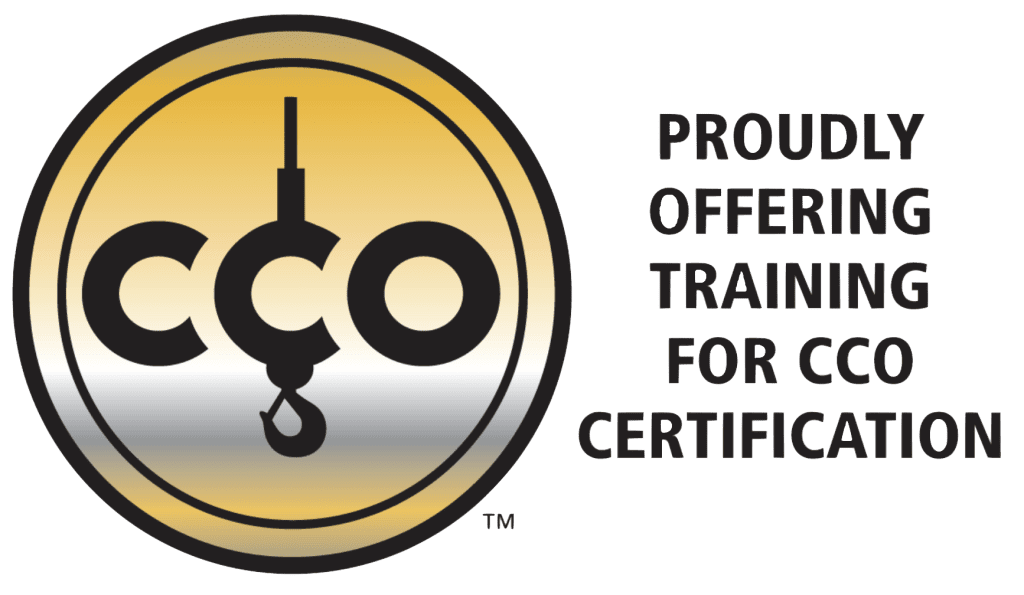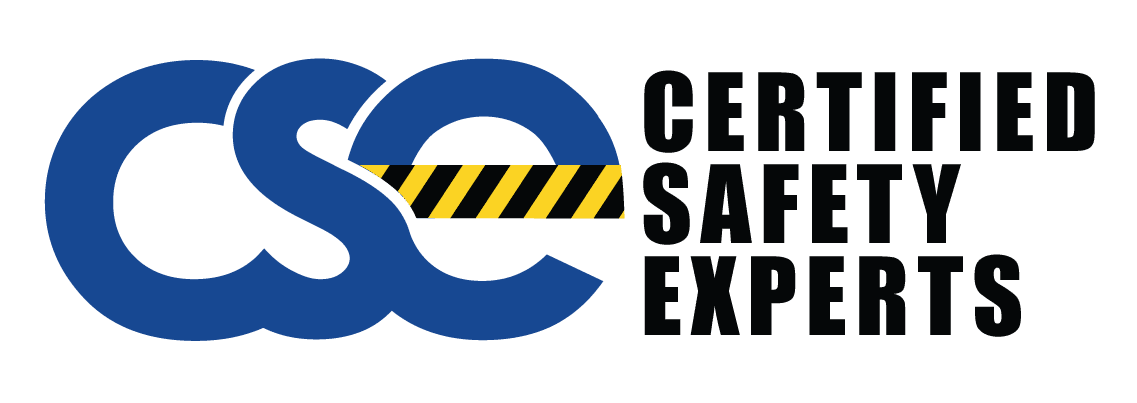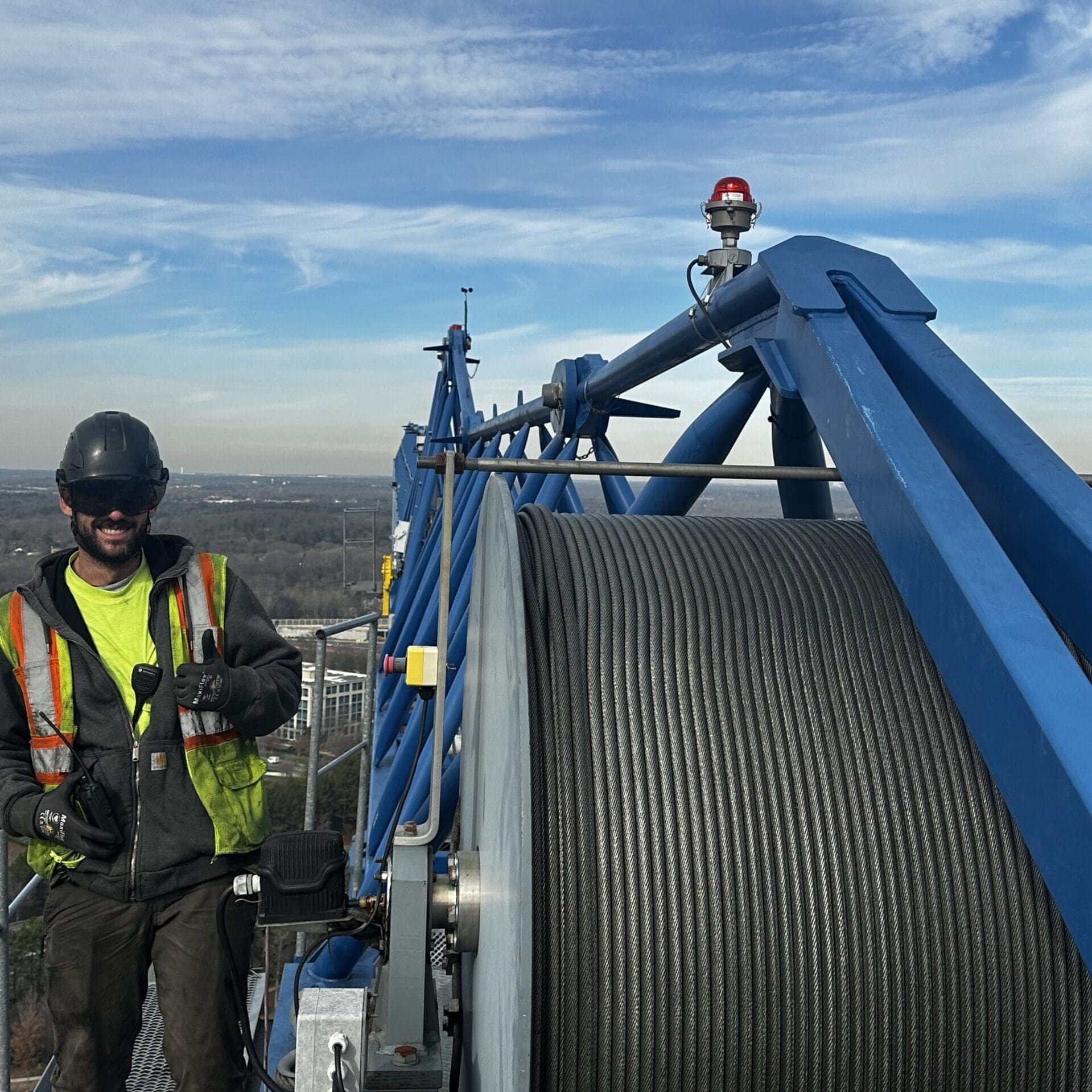The NCCCO Certification is a vital credential for crane operators, demonstrating their expertise and commitment to safety in the construction industry. However, it’s not a one-time achievement; staying certified requires regular recertification to ensure skills and knowledge remain up-to-date. Understanding the recertification process is essential to maintain safety standards and avoid the risk of lapsing. In this blog, we’ll explore the importance of NCCCO recertification, including how often it’s needed, why staying updated on safety practices matter, and the potential consequences of letting certification lapse.
Recertification Timeline: How Often You Need to Renew Your Certification
NCCCO Certification isn’t permanent, and operators need to be aware of the renewal timeline to remain certified. Regular recertification ensures operators are current with evolving industry standards and maintain their eligibility for work.
- Five-Year Renewal Cycle: NCCCO certifications typically expire every five years. During this period, crane operators must meet specific requirements, including passing a written exam, and in some cases, a practical exam depending on changes to equipment or technology in their field.
- Recertification Exams: Operators must take a recertification written exam that is less comprehensive than the initial test but still covers essential knowledge. They must pass within the certification’s five-year window to avoid gaps in certification.
- Eligibility for Recertification: Operators must prove continued work in crane operations during their certification period. They may also need to pass a practical exam if they have not actively used the equipment for a period.
Changes in Safety Standards: Why Staying Updated on the Latest Safety Practices Is Important
Safety standards evolve over time to accommodate new technology, improved methodologies, and responses to past accidents. Recertification ensures that crane operators are not only following current laws but also adhering to the latest best practices in safety.
- Industry-Specific Updates: Safety protocols may change due to new construction techniques, updated equipment, or federal and local regulations. Operators must remain aware of these updates to minimize risks on the job site.
- Technological Advancements: With continuous advancements in crane technology, staying certified means learning to operate new models and features safely. Recertification educates operators on these updates, reducing the risk of operator error.
- Accident Prevention: By keeping up with the latest safety standards, crane operators can play a pivotal role in preventing accidents and ensuring compliance with Occupational Safety and Health Administration (OSHA) regulations. Read “OSHA OVerhead CraneTraining Requirements: Expert Standards,” to learn more.
Simplified Recertification Process: How Recertification Differs from the Initial Certification
The recertification process is designed to be simpler and less time-consuming than the original NCCCO certification, ensuring that certified crane operators can focus on maintaining rather than re-establishing their credentials.
- Fewer Exams: Unlike the initial certification, which requires both written and practical exams, recertification may only require the written exam if the operator has been active. This significantly reduces the preparation needed.
- Shorter Test Time: The recertification written exam covers updates and core knowledge, making it shorter and more focused than the comprehensive initial exam. This streamlined process allows experienced operators to maintain certification without unnecessary repetition.
- Online and In-Person Options: Operators can choose between taking the recertification exam online or in person, making the process more flexible and convenient based on individual schedules and preferences.
Maintaining a Competitive Edge: The Career Benefits of Keeping Your Certification Current
Keeping your NCCCO certification up-to-date offers numerous career advantages, helping you stand out in a competitive field and ensuring long-term job security.
- Employability: Employers look for certified crane operators who meet current industry standards. Maintaining certification makes operators more attractive candidates for job openings and contract renewals.
- Increased Earning Potential: Certified crane operators typically command higher salaries due to their proven skills and safety knowledge. Staying certified may open the door to promotions and higher-paying projects.
- Expanded Job Opportunities: Certified operators are eligible for a wider range of job opportunities. Many employers require up-to-date NCCCO certification for insurance purposes, meaning certified operators have access to more diverse and challenging projects.
- Professional Reputation: Maintaining certification demonstrates professionalism and a commitment to safety, which helps build a positive reputation in the construction industry, leading to long-term career success.
Cost of Lapsed Certification: Potential Financial and Career Impacts of Not Staying Certified
Allowing your NCCCO certification to lapse can have serious consequences, both financially and in terms of career progression.
- Missed Job Opportunities: If your certification expires, you may be disqualified from job offers that require NCCCO credentials. This can limit your employment options significantly and reduce your competitiveness in the job market.
- Higher Recertification Costs: Once certification lapses, operators often need to undergo the full certification process again, including both the written and practical exams, which can be more time-consuming and costly than recertification.
- Loss of Reputation: Lapsing certification may signal to potential employers that you are not committed to maintaining industry standards, which could harm your professional reputation.
- Increased Liability Risks: Operating a crane without a valid certification can lead to fines and legal liability in the case of accidents. Employers are more likely to hire certified operators to mitigate these risks, so maintaining your certification is essential for staying in demand.
Conclusion
Maintaining your NCCCO certification is not only about compliance; it’s about ensuring safety, expanding career opportunities, and staying competitive in a dynamic industry. Regular recertification is an easy way to stay current with safety standards and avoid the potential pitfalls of lapsed certification. By understanding the recertification timeline and process, operators can stay on top of their credentials without stress.
Don’t let your NCCCO certification lapse and jeopardize your career. Certified Safety Experts make the recertification process simple and stress-free. With experienced instructors and convenient online options, they help you stay up-to-date with the latest safety standards and industry requirements. Avoid the costs and risks of lapsed certification—schedule your recertification today with Certified Safety Experts and ensure you remain a top-tier professional in your field!




